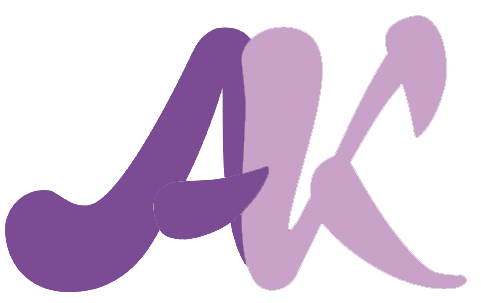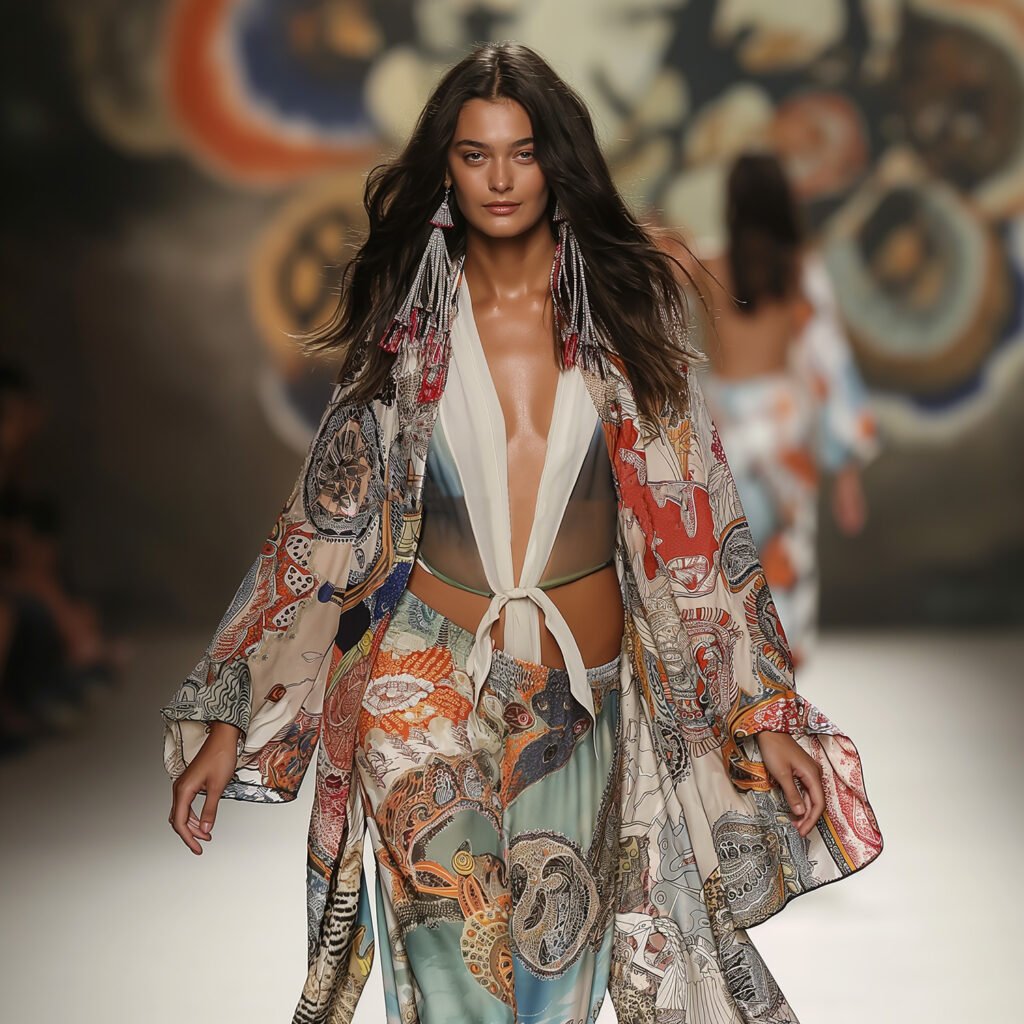Learn
Which Fashion Brands Are Ethical? A Guide to Ethical Women’s Fashion
As consumers become more aware of the environmental and social impact of their purchases, the demand for ethical fashion has grown significantly. From high street retailers to luxury fashion houses, many brands are adopting more responsible practices to reduce their environmental footprint and improve working conditions. But with so many brands claiming to be “ethical,” how can you tell which ones genuinely uphold these values?
In this article, we’ll explore what it means for a fashion brand to be ethical and highlight some of the top women’s fashion brands that prioritize sustainability and ethics. We’ll cover both high street brands and luxury fashion houses, offering you a range of options no matter your budget.
What Makes a Fashion Brand Ethical?
Before diving into specific brands, it’s important to define what we mean by “ethical fashion.” An ethical fashion brand typically considers the following factors:
- Fair Labor Practices: Ethical brands ensure that workers are paid fair wages and work in safe conditions. This includes transparency about their supply chain and adherence to labor rights.
- Sustainable Materials: Ethical brands prioritize eco-friendly materials such as organic cotton, recycled fabrics, or sustainable alternatives like Tencel and hemp.
- Low Environmental Impact: From reducing water usage to minimizing waste and emissions, ethical brands adopt eco-friendly production processes.
- Animal Welfare: Many ethical brands avoid animal products or ensure that they source materials like leather and wool in a humane way.
- Transparency: The most trustworthy ethical brands are transparent about their production methods, materials, and policies. They often have certifications such as Fair Trade, GOTS (Global Organic Textile Standard), or B Corporation status to back their claims.
High Street Ethical Fashion Brands
There are many high street brands offering stylish, affordable, and ethical options. Here are some of the best:
1. People Tree
A pioneer in the ethical fashion world, People Tree has been committed to sustainable and fair trade fashion since its founding in 1991. The brand uses organic cotton, natural fibers, and eco-friendly dyes, all while ensuring fair wages and working conditions for its producers. People Tree’s clothing is chic and comfortable, offering everything from casual dresses to workwear staples. Plus, their collections are Fair Trade certified and they often collaborate with small artisan groups.
2. Patagonia
While Patagonia is often associated with outdoor clothing, it also offers a stylish range of women’s casual wear. Patagonia is committed to environmental responsibility, using recycled materials and organic cotton. The company is a strong advocate for fair labor practices and transparent about their supply chain. Moreover, they actively encourage consumers to repair their clothes instead of buying new ones, making them a leader in the sustainable fashion movement.
3. Everlane
Everlane is known for its “radical transparency,” providing detailed information about its factories and production costs. They focus on creating timeless, high-quality basics that last, rather than following fleeting fashion trends. Everlane’s materials include organic cotton and recycled fabrics, and their “Choose What You Pay” sales model reflects their commitment to ethical pricing.
4. Thought Clothing
Thought Clothing is another high street brand dedicated to sustainable fashion. They use eco-friendly fabrics like hemp, bamboo, and organic cotton, and they focus on creating long-lasting pieces. Their designs are elegant, with a range of women’s dresses, trousers, and knitwear. Thought is also passionate about minimizing their environmental footprint, using biodegradable packaging and ethical production methods.
Mid-Range Ethical Fashion Brands
If you’re looking for brands that sit between high street and high-end in terms of pricing, here are some ethical options that offer stylish pieces without breaking the bank:
1. Reformation
Reformation is a favorite among fashion-forward women who care about sustainability. The brand is known for its trendy designs, which range from party dresses to casual staples. Reformation uses sustainable materials like Tencel, recycled fabrics, and deadstock (leftover fabric that would otherwise go to waste). Their transparency about water usage, carbon footprint, and waste reduction efforts has made them a standout in the ethical fashion space.
2. Mara Hoffman
Mara Hoffman, once known for her colorful and bold prints, has shifted her focus to sustainability in recent years. The brand now uses organic and recycled materials, natural dyes, and eco-friendly packaging. While their pieces are on the higher end of the mid-range market, they emphasize quality and longevity. Mara Hoffman also champions diversity and ethical labor practices throughout their supply chain.
3. Amour Vert
Amour Vert is a California-based brand that merges style with sustainability. They produce their clothing in limited quantities to avoid waste and use eco-friendly materials like organic cotton, Tencel, and recycled polyester. Amour Vert also plants a tree for every tee sold in partnership with American Forests. Their aesthetic is modern and minimal, making their pieces perfect for both work and casual wear.
Luxury Ethical Fashion Brands
Ethical fashion isn’t limited to budget-conscious shoppers. Several luxury fashion houses are leading the way in terms of sustainability and ethical production. Here are a few high-end brands making a difference:
1. Stella McCartney
Stella McCartney has been a vocal advocate for sustainability in the fashion industry. As a vegetarian brand, they avoid using leather, fur, or animal skins in their collections. Instead, they use innovative materials like Mylo (a leather alternative made from mushrooms) and regenerated cashmere. McCartney’s designs are a staple in luxury fashion, combining elegance with eco-consciousness. The brand is also dedicated to reducing waste and uses renewable energy in its factories.
2. Gabriela Hearst
Gabriela Hearst is a luxury designer known for her minimalist, yet elegant collections that focus on sustainability. Hearst’s pieces are made from eco-friendly materials, such as deadstock fabrics and responsibly sourced wool. Her brand prioritizes slow fashion, meaning her collections are made to last and are produced in small quantities to avoid waste. Gabriela Hearst has even introduced a carbon-neutral fashion show, underscoring her commitment to the environment.
3. Eileen Fisher
Eileen Fisher has long been a pioneer in the world of ethical fashion. Her brand is dedicated to sustainable practices, from using organic and recycled materials to offering a take-back program that allows customers to return used clothing for resale or recycling. Fisher is committed to fair labor practices and has long supported local and international artisans. Her designs are classic, simple, and focused on comfort and longevity.
How Can You Tell If a Fashion Brand Is Ethical?
While many brands claim to be ethical or sustainable, it’s important to look beyond the marketing. Here are a few tips to help you identify truly ethical fashion brands:
- Check Certifications: Look for certifications like Fair Trade, B Corp, GOTS, or OEKO-TEX, which indicate that a brand adheres to certain environmental and ethical standards.
- Review Transparency: Ethical brands are usually transparent about their sourcing and production methods. If a brand is vague about where their materials come from or how their clothes are made, they may not be as ethical as they claim.
- Research: Look for independent reviews, sustainability reports, and third-party audits. Many ethical brands publish sustainability reports that outline their practices and goals.
Conclusion: Finding the Balance Between Fashion and Ethics
Ethical fashion is about more than just a trend; it’s about making responsible choices that consider the well-being of both people and the planet. Whether you’re shopping on the high street or indulging in luxury fashion, there are plenty of ethical brands to choose from. By supporting brands that prioritize sustainability, fair labor, and transparency, you’re contributing to a more responsible fashion industry.

